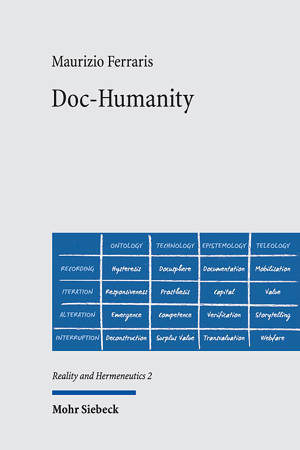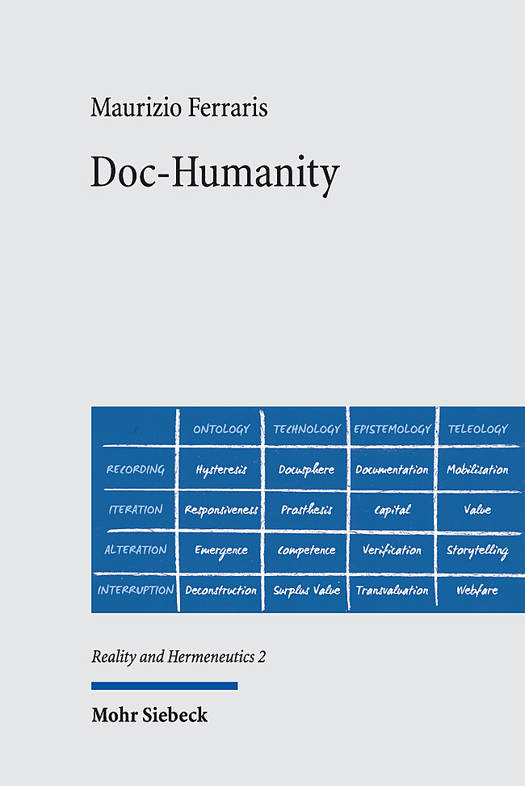
- Afhalen na 1 uur in een winkel met voorraad
- Gratis thuislevering in België vanaf € 30
- Ruim aanbod met 7 miljoen producten
- Afhalen na 1 uur in een winkel met voorraad
- Gratis thuislevering in België vanaf € 30
- Ruim aanbod met 7 miljoen producten
Zoeken
€ 72,95
+ 145 punten
Omschrijving
However you view the present time, it is a new century, a new world, and also a new humanity - in fact, humanity is not something that was ever defined once and for all, but remains an open project. For several decades we have been witnessing a revolution. However, unlike the political and ideological revolutions that took place around the First World War, this is a technological and much more radical one that does not depend on people's beliefs, but rather on the tireless labour of machines. The rise of automation has brought about a revelation of something that had hitherto remained hidden in the workshops of homo faber. That is, there are very few functions, apart from consumption, where a machine cannot replace a human being, be these material or spiritual - machines need energy, but they can also do without it, whereas humans die if deprived of it, or one can imagine a machine producing symphonies, but not enjoying them. So while human beings are still needed, their roles and scopes have to be reconsidered. Workers may be superfluous, but humans are still needed, including those who until recently only recognised themselves as producers. The exclusion of workers from production does not discount humans being able to produce value in the form of consumption. Recognising this will enable us to conceive the "Webfare" - a new digital system that will teach us to find new names and new forms, more tolerance and room for traditional human needs. Above all, it will teach us how to transform the time given to us by automation into an opportunity for progress.
Specificaties
Betrokkenen
- Auteur(s):
- Uitgeverij:
Inhoud
- Aantal bladzijden:
- 365
- Taal:
- Engels
- Reeks:
- Reeksnummer:
- nr. 2
Eigenschappen
- Productcode (EAN):
- 9783161616662
- Verschijningsdatum:
- 1/09/2022
- Uitvoering:
- Hardcover
- Formaat:
- Genaaid
- Afmetingen:
- 239 mm x 163 mm
- Gewicht:
- 3755 g

Alleen bij Standaard Boekhandel
+ 145 punten op je klantenkaart van Standaard Boekhandel
Beoordelingen
We publiceren alleen reviews die voldoen aan de voorwaarden voor reviews. Bekijk onze voorwaarden voor reviews.











